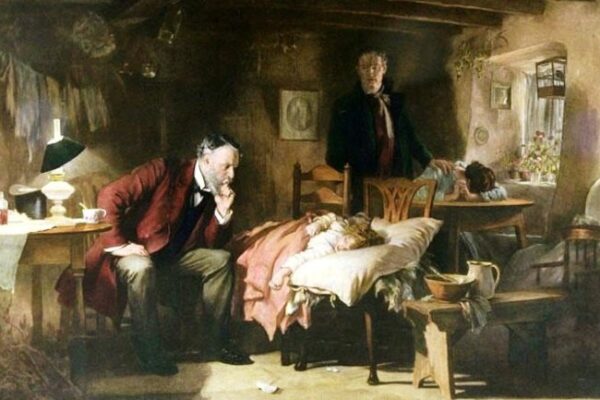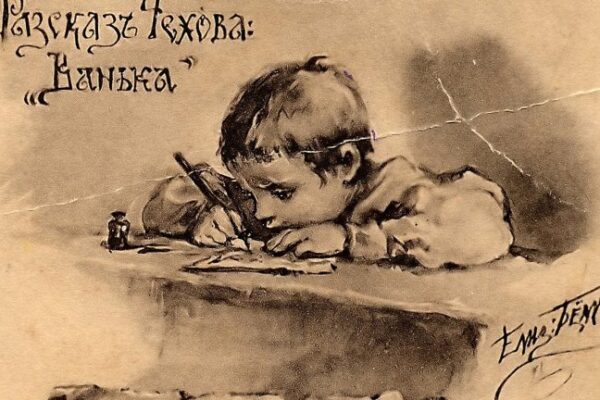
The Parrot by Guy De Maupassant
Originally published in 1888, The Parrot by Guy De Maupassant features a parrot with a unique ability to communicate and its impact on the lives of those around it.
Flash Fiction or micro fiction are very short stories typically up to 1200 words but that have some character development. Here we’ve selected some of the very best stories from famous authors

Originally published in 1888, The Parrot by Guy De Maupassant features a parrot with a unique ability to communicate and its impact on the lives of those around it.

Eveline by James Joyce was first published in 1904 by the journal Irish Homestead and later included in his 1914 collection of short stories Dubliners. It tells the story of Eveline, a teenager who plans to runaway from Dublin.

A Pursuit Race by Ernest Hemingway was published in 1927. It appears in the collection Men Without Women.

A Pair of Silk Stockings by Kate Chopin was published in 1897. The story follows Mrs. Sommers who prefers spending a windfall on herself, rather than on her children.

Originally published in 1880, The Last Lesson By Alphonse Daudet is a poignant short story set in an unnamed town in Alsace during the early days of the Prussian occupation, around 1873.

To Some Birds Flown Away by Victor Hugo was first published in 1837. The English translation is by Mrs Newton Crossland.

An Artifice by Guy de Maupassant was published in 1882. The story explores themes of deception, manipulation, and the clever schemes people employ to achieve their goals.

The String Quartet by Virginia Woolf appears in the short story collection Monday or Tuesday and was first published in 1921.

Vanka by Anton Chekhov was published in 1886. It tells the story of a young orphan boy, Vanka, who has been apprenticed to a cobbler in Moscow.

Few people realize it today, but famed actor Alan Arkin wrote two science fiction short stories in the 1950s, beginning with “Whiskaboom” in 1955 and “People Soup” in 1958. Enjoy Whiskaboom by Alan Arkin